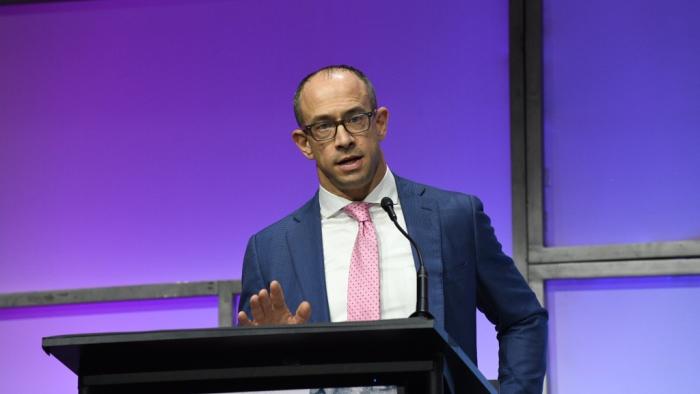The 2024 Latin American Cardiovascular Surgery Conference, held over three days in Buenos Aires, Argentina, attracted leading experts from Europe, Latin America, and North America to address topics in cardiovascular medicine, including coronary artery disease, congenital heart disease, atrial fibrillation, and heart failure.
"The conference provided a diverse range of sessions to accommodate surgeons at all stages of their careers," explained Program Chair Rafael Sadaba, MD, Navarra University Hospital, Pamplona, Spain. “Residents and early career surgeons benefited from dedicated sessions, while experienced surgeons had the opportunity to delve into complex procedures and cutting-edge techniques.”
The program offered a comprehensive overview of the latest advancements in cardiac surgery. It featured scientific abstracts, technical videos, and interactive discussions on a variety of topics, including the current state of heart transplantation in Latin America, the use of mechanical circulatory support devices, the role of ECMO in treating cardiogenic shock, and advanced surgical techniques for mitral and aortic valve repair.
“This year, I was particularly interested in the session on the Ross Procedure, an operation that has been around for a long time but has experienced renewed interest over the past few years," said EACTS Secretary General Patrick Meyers, MD, Lausanne University Hospital, Switzerland.
The three-day event highlighted women's cardiac health, particularly tailored approaches and complex treatments for women of reproductive age. Other sessions focused on managing aortic dissection, advancing transcatheter valve therapies, and providing lifelong care for patients with conditions such as aortic stenosis.
The conference concluded with hands-on workshops that allowed participants to practice skills such as mitral valve repair and ECMO cannulation, making it an essential platform for advancing cardiac care in Latin America.
Check out our event photo gallery.
